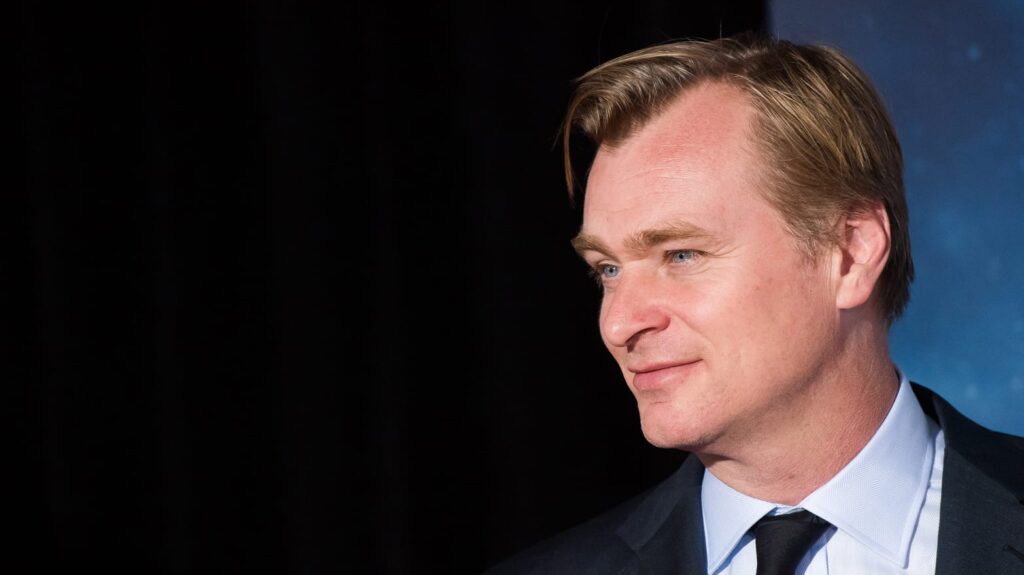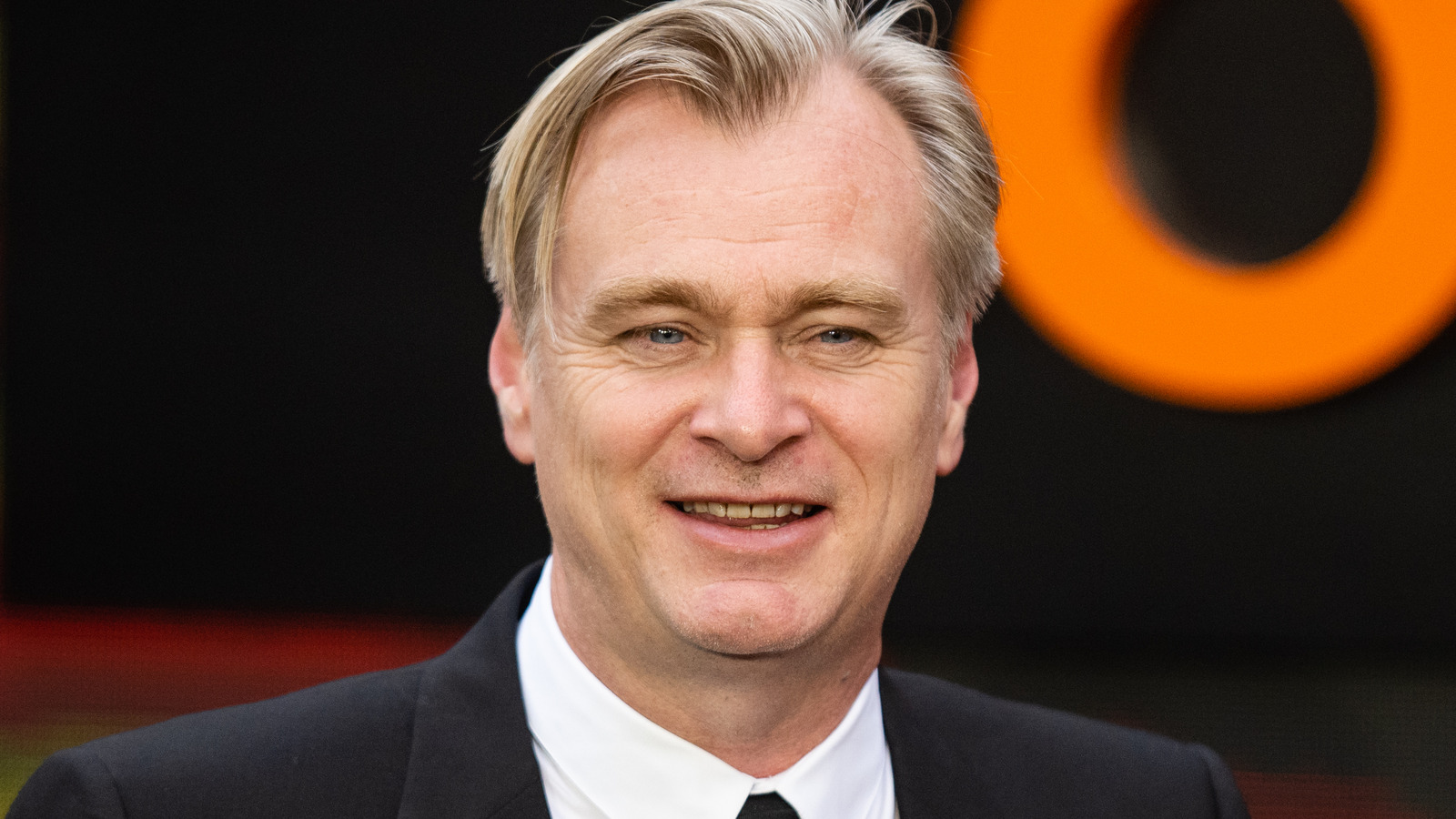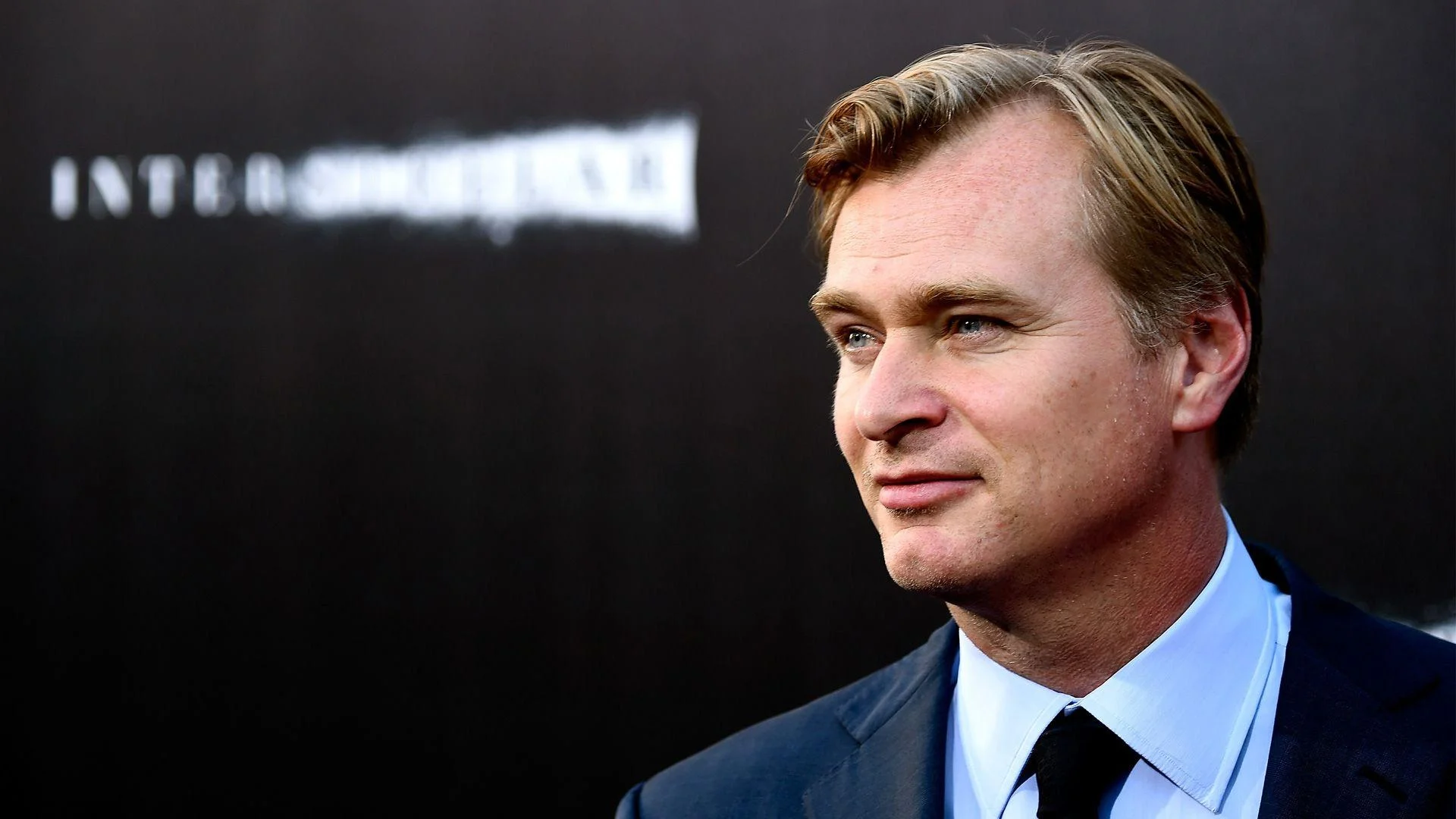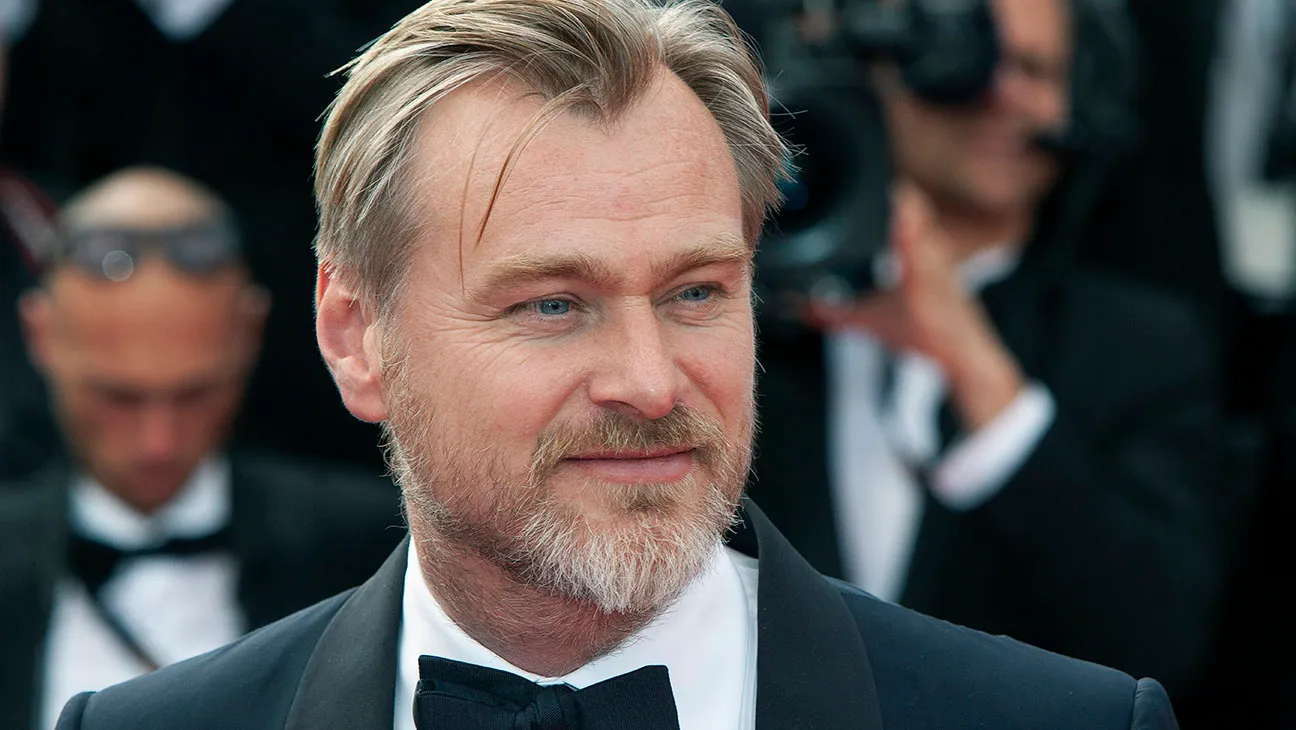
Christopher Nolan, known for his epic storytelling and mind-bending narratives, is at it again with his latest project, The Odyssey. Described as a cinematic triumph, The Odyssey has captivated audiences and critics alike, earning accolades for its grandeur, artistry, and innovative approach to a classic tale. Universal Pictures, the studio behind the film, is praising it as “a masterpiece that Homer himself would likely be proud of.”

A Bold Vision of the Timeless Classic
For decades, the story of The Odyssey has remained one of the most enduring works of literature. Homer’s tale of adventure, heroism, and the human spirit has been retold and reimagined countless times. However, Nolan’s take on this ancient epic is being hailed as a fresh, visionary retelling that pushes the boundaries of cinema. His adaptation weaves together breathtaking visuals, intense performances, and a labyrinthine narrative that only Nolan could pull off.
The film, starring Matt Damon as the legendary hero Odysseus, transports the audience to a world where myth meets reality. Damon’s portrayal is a standout, with his performance blending the raw emotion of a man caught between duty and survival. Fans of Nolan’s previous works—such as Inception and Interstellar—will find familiar elements in The Odyssey, with the director’s signature ability to play with time and space central to the plot.
Universal’s Bold Statement: A Homeric Achievement
Universal’s executives have been quick to praise Nolan’s adaptation, and one in particular expressed how deeply impressed they were with the film. “This is not just another retelling of a classic story. It’s a reimagination that brings something new and exciting to the table,” a Universal executive remarked. “It’s a masterpiece that Homer himself would likely be proud of.”
These high praise are not given lightly. Nolan has managed to preserve the core elements of the story—the hero’s journey, the battle against the gods, the perseverance in the face of impossible odds—while reimagining it in a way that feels timely and relevant for modern audiences. The Odyssey in Nolan’s hands becomes more than just a story of mythological events; it is a reflection of contemporary struggles, aspirations, and triumphs.

The Visual Brilliance of Nolan’s Odyssey
One of the most talked-about aspects of The Odyssey is its stunning visual effects. From the vast, storm-tossed seas to the dazzling celestial landscapes, Nolan and his team have crafted a visual spectacle that feels both grounded and fantastical. The use of practical effects, mixed with state-of-the-art CGI, creates a seamless experience where the audience is transported into a mythical world that feels at once ancient and timeless.
Nolan’s decision to avoid overly stylized depictions of the gods, instead grounding them in human emotion and imperfection, adds a layer of complexity that resonates throughout the film. The visual tone complements the emotional arc of Damon’s Odysseus, who must navigate not only the literal sea of monsters and challenges but also the internal turmoil and doubts that accompany his journey.
A Modern Take with Deep Philosophical Roots
Beneath the surface of the film’s visual splendor and action-packed sequences lies a deep exploration of human nature. The Odyssey in Nolan’s hands is not just about adventure—it’s about the cost of ambition, the loneliness of leadership, and the resilience of the human spirit in the face of adversity. These themes are not new to Homer’s work, but Nolan breathes new life into them by infusing the film with a modern sensibility that mirrors our own existential struggles.
The central question of The Odyssey—how far will we go to return home, both physically and emotionally—resonates in ways that are incredibly timely. With political instability, global crises, and the uncertainty of the future, audiences are sure to find parallels between Odysseus’s journey and their own personal odysseys. Nolan’s film takes on the role of a modern myth, inviting the viewer to reflect on their place in a world that often feels as tumultuous as the one Odysseus navigates.

Star Power and Performances
While Matt Damon’s star turn as Odysseus is undoubtedly a major highlight, The Odyssey also features a stellar supporting cast. From the legendary gods played by top-tier talent to the fierce warriors and mythical creatures that Odysseus encounters, every performance adds depth to the story. The ensemble cast brings a level of gravitas and authenticity that elevates the material, turning what could have been a purely action-driven film into a rich, emotionally complex experience.
The chemistry between Damon and his co-stars is palpable, with each actor bringing a unique energy to their role. The dialogues are sharp and purposeful, and the interactions between characters feel real, even in the context of a world full of gods, monsters, and impossible odds.
The Future of ‘The Odyssey’ in Modern Cinema
As The Odyssey continues to make waves in theaters, it’s clear that Nolan has once again set the bar for cinematic storytelling. The film’s blend of intellectual depth, emotional resonance, and visual grandeur ensures it will be remembered as one of the most significant works of contemporary cinema.
The praise from Universal and critics alike is a testament to Nolan’s ability to take an ancient story and make it feel urgent, relatable, and timeless. For filmgoers and fans of Nolan’s work, The Odyssey represents not just a retelling of a classic—it’s a cinematic landmark that will undoubtedly inspire future generations of filmmakers to explore the untapped potential of legendary myths.
